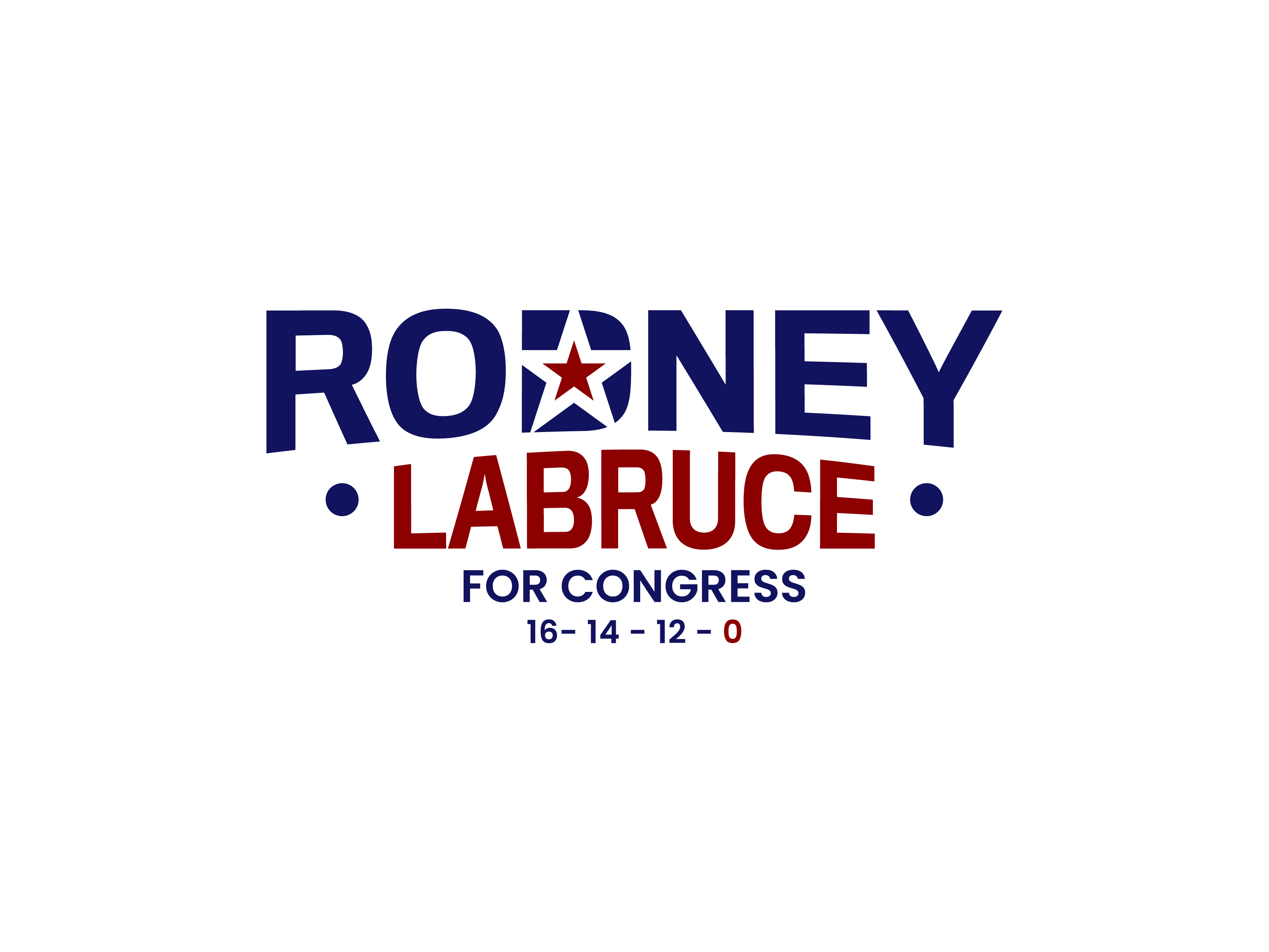Honoring Service with Substance

Ending Veteran Homelessness and Honoring Long-Term Service
Prepared by: Rodney LaBruce, Candidate for U.S. Congress (TX-30) Unified Advocacy and Leadership Coalition (UALC)
Executive Summary
Despite the regular praise for our armed forces, the United States continues to fail thousands of veterans. As of early 2026, while we have seen some progress in permanent housing placements, approximately 33,000 veterans still face homelessness on any given night. Many more are just one missed paycheck away from the streets.
This plan moves beyond "performative patriotism" to offer two concrete federal solutions:
- The Veterans Housing and Dignity Act: A massive push to end veteran homelessness within five years.
- The Veterans Service Dividend: A guaranteed monthly benefit for those who dedicated a decade or more to our country, filling the "benefits gap" for those who didn't reach a full 20-year retirement.
The Problem: Why Service Doesn’t Always Equal Security
- The Homelessness Crisis: Veterans make up roughly 13% of the adult homeless population. While the VA housed over 50,000 veterans in 2025, systemic issues like rising rents and mental health barriers keep the "Point-in-Time" count unacceptably high.
- The "Ten-Year Gap": Currently, if you serve 10 or 15 years and then leave, you often walk away with zero retirement pay. You gave a decade of your life to the nation, but unless you hit the 20-year mark, the system treats your long-term commitment the same as a single two-year stint.
- Bureaucratic Red Tape: Programs like HUD-VASH are lifelines, but administrative hurdles and a lack of available units in places like North Texas keep veterans waiting in shelters instead of living in homes.
Proposed Legislation
1. The Veterans Housing and Dignity Act
We will treat veteran homelessness as a national emergency.
- A $5 Billion Investment: Funding for 100,000 permanent supportive housing units over the next five years.
- Voucher Expansion: Broadening the HUD-VASH program to ensure that any qualifying veteran at risk of homelessness is moved to the front of the line.
- Wraparound Support: Federal grants for local nonprofits and faith-based groups to provide the "extra" care—mental health counseling, job training, and addiction recovery—that keeps a person housed for good.
2. The Veterans Service Dividend Act
We are introducing a "Dividend" to honor the middle-ground of service.
- The Benefit: $1,200 per month for life, indexed to inflation (including the recent 2.8% COLA adjustments).
- Eligibility: Any veteran with 10+ years of combined active or reserve service with an honorable or general discharge.
- No Red Tape: This isn't a "needs-based" program; it’s a dividend you earned through a decade of sacrifice.
- Survivor Support: If a veteran passes away, their spouse or children can continue to receive a portion of the dividend for up to 5 years to ensure family stability.
How We Pay For It
Honoring veterans is a matter of priority, not just "finding" money. We propose:
- Closing Defense Loopholes: Reallocating funds from unused or failed defense procurement projects.
- A "Fair Share" Tax: Closing corporate tax loopholes that allow massive contractors to avoid paying into the system.
- Contractor Windfall Tax: A modest tax on defense contractors whose profit margins on federal contracts exceed 20%.
The Bottom Line
Failing our veterans isn't just a moral failure; it’s a national security risk. When young people see veterans struggling on the streets of Dallas or Lancaster, they think twice about enlisting.
By providing a real safety net, we tell our servicemembers: "You stood for us for ten years; we will stand for you for the rest of your life."
